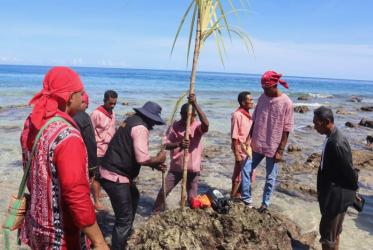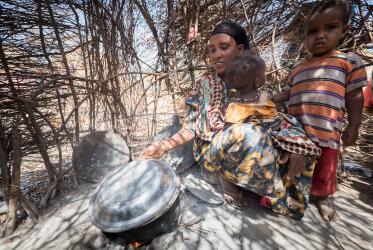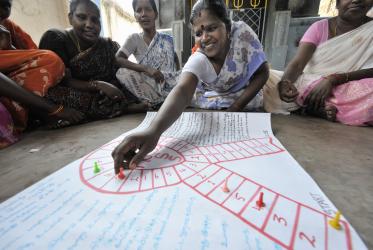Displaying 1 - 20 of 43
Unity is key when health crisis poses new challenges in Asia
28 February 2022
Protecting Ethiopia’s church forests
27 October 2021
“Economy of life” lifted up at special school in Indonesia
22 August 2019
WCC condemns massacre of farmers in Philippines
12 April 2019
All pilgrim routes lead to COP24
11 December 2018
#WCC70: A prayer about health and healing
20 July 2018













